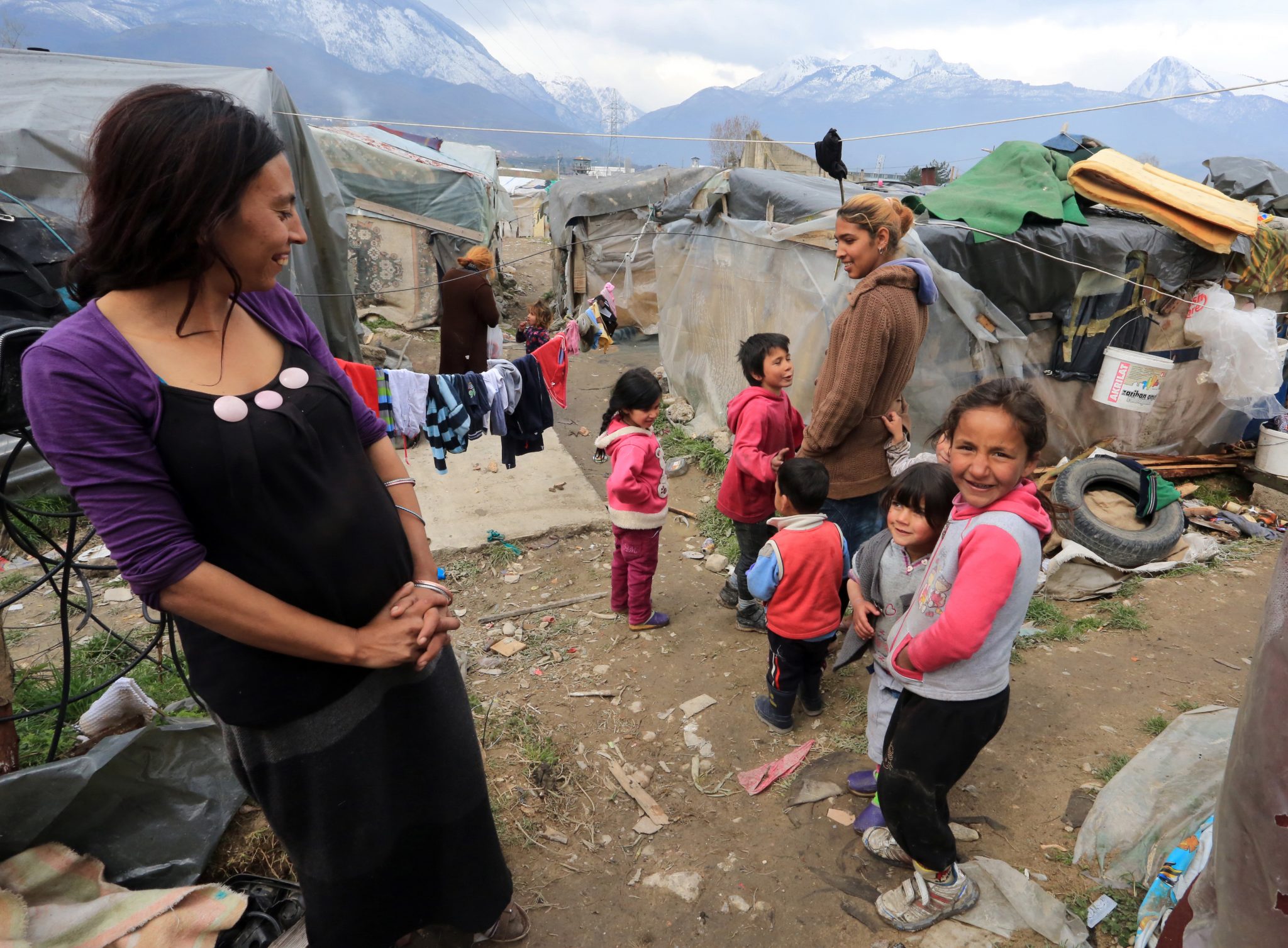Kvinna till Kvinna in Kosovo
Why we work in Kosovo
Since Kosovo declared independence from Serbia in 2008, its status has been disputed. Serbia does not recognise Kosovo as an independent country. This causes lingering uncertainty, heightened by tensions and occasional clashes between ethnic groups.
The women’s movement has been one of the few actors successful in crossing ethnic lines to engage in dialogue for peace. They have also managed to unite women politicians.
During the war in the nineties, thousands of women were killed and subjected to sexual violence. In 2014, victims/survivors achieved a major victory: those who suffered sexual violence became entitled to compensation, similar to war veterans. In 2018, the first reparations were paid. Still, many perpetrators walk free.
Today, violence against women remains widespread. Poverty, high unemployment and inheritance rights issues make it difficult for women to leave abusive partners.
Optimistically, women’s rights organisations have managed to convince Kosovo to adopt a range of laws to advance women’s rights. Full implementation, however, is still a long way off.
Politically, women’s representation has slightly increased. Kosovo has had both a female president and mayor, and there is a gender quota for candidates. Still, more needs to be done to ensure women’s voices are heard in Kosovo’s EU integration process.

How we support women in Kosovo
Together with our partner organisations in Kosovo, we work to:
- Promote peace and encourage inter-ethnic cooperation
- Prevent gender-based violence and support victims/survivors
- Offer trauma support to victims/survivors of wartime sexual violence
- Increase women’s political participation
- Advocate for the rights of minorities and discriminated groups (Roma, Ashkali, Egyptian, rural women)
- Empower women economically
- Advocate for gender mainstreaming in Kosovo’s legislation
- Raise awareness of women’s rights through theatre and art festivals